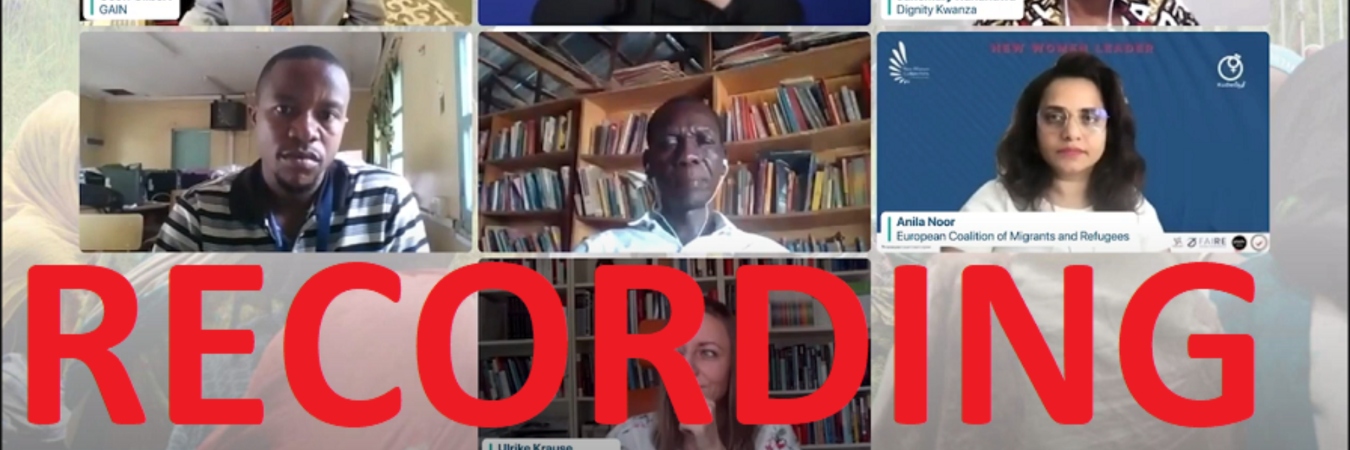
Now available-Recordings of sessions on Translating Academic Research into Effective Responses to Forced Displacement
Access the audio and video recordings of the Translating Academic Research into Effective Responses to Forced Displacement Sessions
On 24 and 25 May, PHAP, UNHCR, and the Global Academic Interdisciplinary Network (GAIN) organized a series of online discussions in which we explored how academic findings and initiatives can support decision-making processes to improve the lives of refugees, forcibly displaced persons, and host communities. Over two sessions on the two days, a range of diverse research partners showcased findings and initiatives that can support the Global Compact on Refugees (GCR) stakeholders in making evidence-based decisions and policies based on reliable, independent research conducted by academics and persons with lived experience of forced displacement.
Key donors and supporters also discussed the importance of producing actionable and relevant research that is led, co-designed and co-implemented with refugees and forcibly displaced persons. In the first segment of the 24 May session, participants were introduced to the theme of the panel of “inclusive and localized refugee and forced migration research”. They were briefed on the key objective of the Global Academic Interdisciplinary Network (GAIN), which is to support refugee scholars and scientists; the essential nature of participation of affected populations in decisions affecting them; the added value of refugee researchers (such as first-hand knowledge, actionable research, and being closer to gaps and needs) and the importance of research ethics when collaborating with them. After which, the second segment of day 1 introduced the theme of gender, refugee agency and forced displacement. Here the panel explored the importance of age, gender and diversity (AGD) to UNHCR’s work and ensuring gender equality, also in alignment with Sustainable Development Goals (SDGs) and the GCR, which strongly encourages meaningful engagement of women and girls in decision making.
On 25 May, the second GAIN session commenced with a first panel focused on the theme of “Protracted Displacement Economies: Self-Reliance, Entrepreneurship and Livelihoods”. This theme was chosen by researchers and spotlighted by the Global Academic Interdisciplinary Network in recognition of the crucial role self-reliance plays in unlocking quality protection and durable solutions for refugees, which are key objectives of the GCR. This was followed by a panel on the role of cities and NGOs in inclusion and accountability.
If you missed this series, you can access the video and audio podcast format recordings on the event page.
Access the recordings